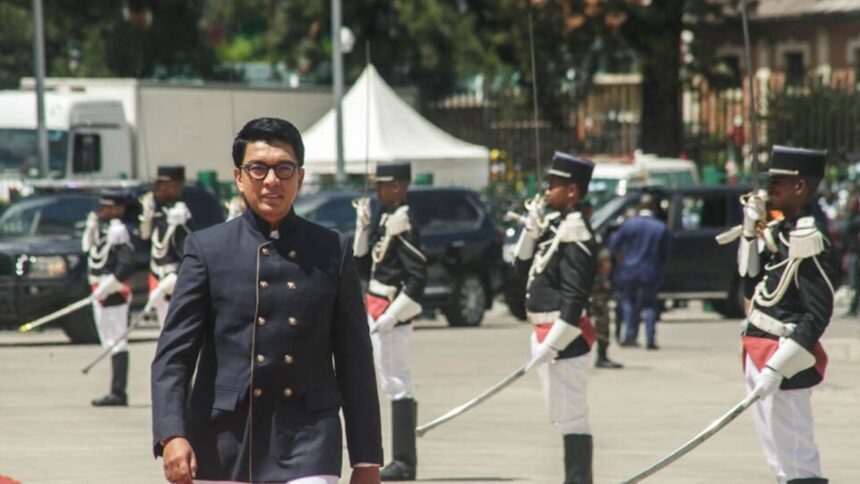In a statement released on Tuesday, May 14th, the influential Conference of Bishops of Madagascar has strongly opposed the law allowing for surgical castration as a punishment for child rapists. This law, championed by President Andry Rajoelina as a shock measure, has sparked controversy in the Malagasy scene, with the Catholic Church becoming the first institutional actor to denounce it openly.
“Will this law truly help us eradicate rape?” question the Malagasy bishops. In their statement released on Tuesday, surgical castration, unequivocally termed an act of “torture,” is declared contrary to human rights and the very principles of the Church. “The human body, as God’s creation, is sacred,” detail the religious leaders. “Thus, nothing and no one has authority over it, not even the law.”
The Catholic Church in Madagascar frequently denounces poor governance and the socio-economic situation on the island. However, in the context of the fight against the law allowing castration for child rapists, Denis-Alexandre Lahiniriko sees a particularly frontal stance against the regime: “This is a political setback,” asserts the historian specializing in the relationship between the Church and the State. “Especially since the regime requested the replacement of the European Union ambassador [Isabelle Delattre Burger] simply because she criticized this castration measure. Here, it seems that the Church is aligning itself with the position of the international community.”
Can the Church bend the government?
Madagascan associations combating sexual violence have also criticized a law focused on the perpetrators of rape rather than the victims. Can the involvement of the Church, historically loyal to the regime, compel the government to reconsider the law? “In Madagascar, once the Church speaks out, political regimes have always listened,” recalls Denis-Alexandre Lahiniriko. “And I do not believe that after this stance by the Church, the state will proceed with castrations. I do not believe in the effective implementation of the law.”
Lova Ranoromaro, the spokesperson for President Andry Rajoelina, assures that the regime “takes seriously” the concerns raised by the bishops and expresses openness to dialogue with all parties. Nevertheless, the political representative maintains her stance and emphasizes that surgical castration has already been declared by the law by the High Constitutional Court.
“To Deter”
She further adds that this punishment aims to “deter horrendous acts committed against young children,” whose protection remains “the absolute priority.” Before the law is enacted, the High Constitutional Court requires the government to provide details on the practical modalities of such operations to ensure that they do not cause “pain or acute physical or moral suffering.”







